Regenerative Medicine
Regenerative Medicine is an umbrella term which includes Dextrose Prolotherapy, Platelet Rich Plasma (PRP)Therapy and Stem Cell Therapy.
Regenerative Medicine is a new and advancing scientific field focused on the repair and regeneration of damaged tissue to decrease pain and improve function. Stem cells are among the most exciting applications of regenerative medicine and play an important role in many pain management treatments.
Frequently Asked Questions (FAQs)
What role do stem cells play in regenerative medicine?
Because stem cells can differentiate into new types of cells, they play a powerful role in biologic healing. Once manipulated to specialize in certain types of cells, stem cells can go to work regenerating nerve cells, blood cells, muscle cells, and connective tissues.
Some of the applications of stem cells in include repair of:
Joint arthritis (shoulder, hip, knee, etc.)
Sprains and strains
Tennis and Golfer’s elbow
Back pain
Neck pain
Headaches
Sports injuries (tendonitis, rotator cuff tear, torn meniscus, iliotibial band syndrome etc.);
Repetitive and overuse injuries (carpal tunnel syndrome, TMJ syndrome, etc.);
Plantar fasciitis
If you’re a good candidate for stem cell therapy, Dr. Faruque discusses this option with you in detail before creating your customized treatment plan.
What are adult stem cells?
Adult stem cells are unspecialized or undifferentiated cells, capable of two processes: self-renewal and differentiation. They are vital to maintaining tissues in the body such as internal organs, skin, and blood.
Where do adult stem cells come from?
In adults, stem cells are present within various tissues and organ systems, the most common being bone marrow and adipose or fat tissues.
How does Dr. Faruque obtain adult stem cells for use in cell treatment?
Dr. Faruque currently has a system that uses adult stem cells from bone marrow and these stem cells are obtained through aspiration during your procedure. The cells are harvested, processed in the procedure room and delivered back to the patient.
How are adult stem cells used in procedures?
Adult stem cells are used to treat patients with damaged tissues due to age or deterioration. During a procedure, stem cells are isolated from the patient, concentrated and delivered back to the site of injury to assist in the healing process.
Is stem cell therapy safe?
Yes, and ask your doctor what clinical studies have been done to show that stem cells are safe and effective.
Where are stem cells currently being used?
Stem cells are currently being used in both laboratory and clinical settings. Laboratories are using human and animal derived stem cells to conduct in vitro studies as well as in vivo studies with small and large animals. Autologous adult stem cells are currently being used in hospitals and clinics during surgery to aid in the repair of damaged tissues.
How long will the stem cells last?
It will depend on your injury, the area that is treated and your response to the therapy.
What is the recovery like after a stem cell procedure?
If you have a joint injection, you typically can go back to work. It is advised to limit load bearing activities for at least 2 weeks. If you had spine injections, you should take it easy for a few days.
Why use adult stem cell therapy rather than pharmaceuticals or genetic treatments?
Adult stem cells are from the body and generate natural proteins and therapeutic biochemicals, decrease inflammation, are anti-bacterial, and recruit other cells to heal the injured site. Pharmaceutical treatments only provide drugs with minimally effective dosages that may cause unwanted side effects. Over dosage can be dangerously toxic or even carcinogenic. Genetic therapy is still unproven and serious concerns exist about it causing cancer due to genetically manipulated cells.
How much will it cost?
Most insurance will not cover stem cell procedures. Ask your doctor for payment options
Learn more about stem cell therapy by booking a consultation with Dr. Faruque.
Tania Faruque MD is the medical director of Palomar Spine & Pain, in Escondido, CA (North San Diego County).
